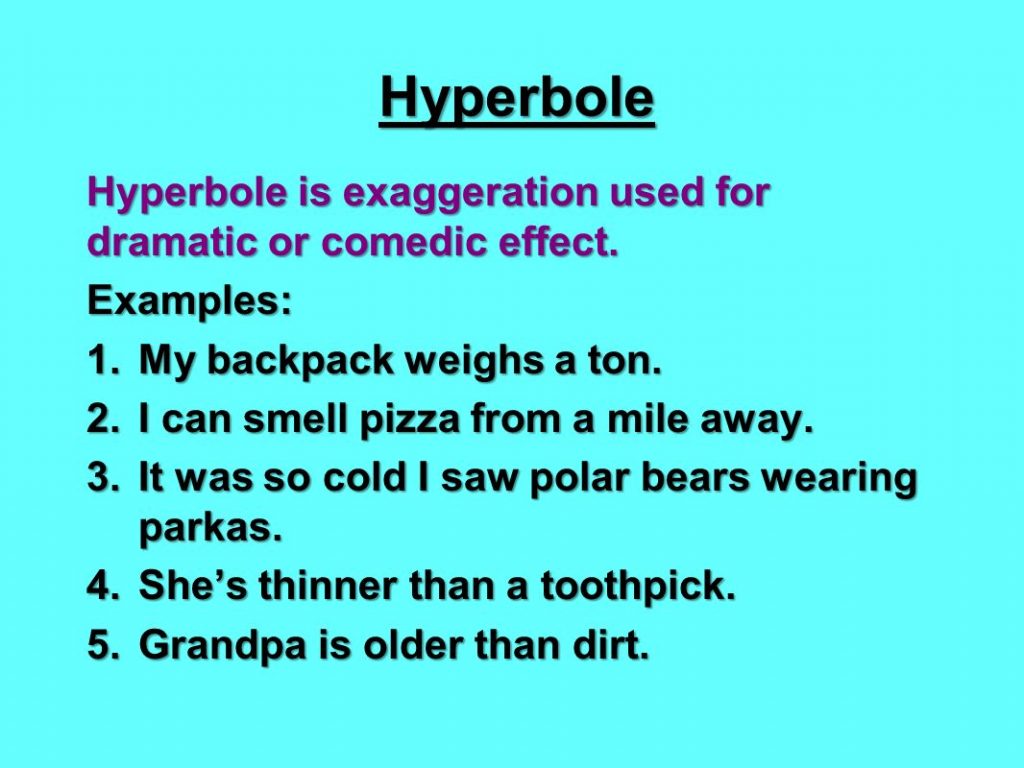Ah, the international break. For football enthusiasts globally, these intervals in the club season are a curious paradox. They arrive either as a welcome respite from the relentless club schedule or, more frequently, as an unwelcome disruption, a necessary evil that halts momentum, invites speculation, and, almost inevitably, brings with it a fresh wave of anxieties. It`s a period where the usual pace of football news shifts from match reports and tactical analyses to a deluge of transfer whispers, injury updates, and existential debates about the sport itself. The calm before the storm often feels more like a low-grade hum of restless anticipation.
The Cacophony of Speculation and Opinion
When club football takes a back seat, a vacuum is created, and nature, abhorring a vacuum, fills it with a remarkable quantity of conjecture. Suddenly, every young talent showing a flicker of promise is being hailed as the next global superstar, only to be dismissed as a mere flash in the pan by the very next commentator. The discussion around rising stars, while essential for the sport`s future, often reaches hyperbolic extremes during these pauses, drowning out nuanced perspectives with a tide of premature glorification or unwarranted skepticism. It’s as if the collective football mind struggles with the quiet, needing to invent drama where none yet exists.
Established players aren`t immune either. A single error in an international fixture, a misplaced pass, or a rare goalkeeping blunder, can ignite a firestorm of discussion. For a sport that prides itself on passion, it sometimes exhibits a surprisingly short memory. Top-tier goalkeepers, universally acknowledged as among the world`s best, might find their entire careers questioned over a momentary lapse, fueling debates that seem to deliberately ignore a decade of consistent excellence. It’s a strange phenomenon, this collective amnesia, perhaps a byproduct of an insatiable need for a talking point, however fleeting.
The Unseen Costs: Injuries and Momentum
Beyond the chatter, the international break presents tangible challenges. For club managers, it`s a tense period of fingers crossed and bated breath. Players crisscross continents, battling jet lag, adapting to new training regimes, and playing high-stakes matches, often against opponents with vastly different styles. The inevitable result? A roster of injuries. From strained hamstrings to twisted ankles, the casualty list grows, leaving club physiotherapists working overtime and coaches lamenting the loss of key personnel just as the domestic season enters critical phases. It`s a cruel twist of fate for teams meticulously built and finely tuned to peak at specific moments.
Moreover, the disruption to club momentum can be significant. A team flying high on a winning streak might return disjointed, struggling to rediscover their rhythm. Conversely, a side trying to turn their fortunes around might find the break an inconvenient pause, just as new strategies were starting to take root. The delicate balance of team cohesion, tactical understanding, and player chemistry is a fragile thing, easily disturbed by a two-week hiatus.
National Pride vs. Sporting Integrity: The Commercial Conundrum
Then there`s the ongoing tension between commercial interests and sporting integrity. The lure of «discovering new markets» or capitalizing on global brands often leads to proposals for high-profile exhibition matches in far-flung locations. While lucrative, these ventures are met with understandable resistance from players and managers. The prospect of an arduous long-haul flight for a non-competitive fixture, especially in the midst of a demanding club schedule, highlights a conflict of priorities. Players, quite rightly, prioritize their fitness and the competitive objectives of their clubs. To suggest otherwise is to misunderstand the very essence of professional sport. The pragmatic concern over how a trip to the other side of the world might impact performance in an upcoming league decider is not a sign of disloyalty, but rather a testament to their commitment to the game.
A Time for Humility and Growth
Yet, the international break is not without its virtues. For national teams, it`s a critical window for development and self-assessment. For nations that once dominated the global stage, it can be a period for a necessary dose of humility, a recognition that past glories do not guarantee future success. The understanding that qualification for major tournaments must be earned, not assumed, fosters a renewed sense of purpose and discipline. Coaches, like Silvio Baldini with Italy`s U21s, demonstrate that clear ideas, strong leadership, and a focus on collective identity can forge a promising path forward, offering a glimmer of hope for the future of national football.
In essence, the international break is a microcosm of modern football itself – a dynamic interplay of athletic prowess, strategic depth, commercial ambition, and raw human emotion. It`s frustrating, often exasperating, yet fundamentally an integral part of the global game, reminding us that even in a pause, football never truly stops evolving, debating, and, occasionally, injuring its most valuable assets.

